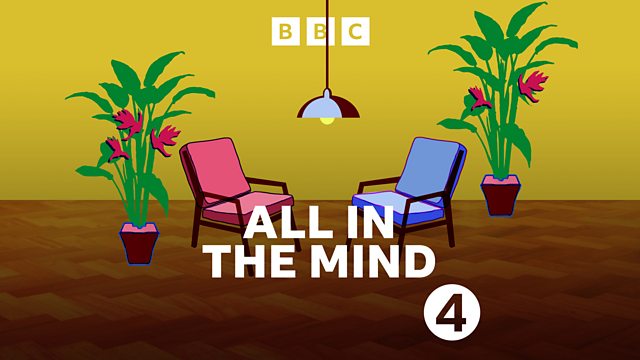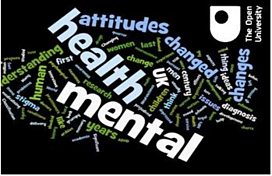Rapport; Brain health in later life; Changing optimism through lifespan
What sort of activities could you do in middle age to preserve your faculties later on? And new insights into rapport to find the best way of getting on with people.
What is the best way of getting on with people at home and at work? Psychologists Emily and Laurence Alison have spent their careers working with the police as they build rapport with suspects, sometimes terrorism suspects or perpetrators of domestic violence. And their conclusions about how best to do it have lessons for the rest of us too. They discuss their new book, "Rapport: the four ways to read people".
Claudia catches up with Helen who nominated a finalist in the group category of the 2018 All in the Mind Awards to find out what she鈥檚 been up to in the last two years.
What can you do in middle age to protect your brain later on? Everyone鈥檚 brain changes as they get older, but some people maintain their cognitive health and others don鈥檛. Rik Henson, Deputy Director of the MRC Cognition and Brain Sciences Unit at the University of Cambridge, has brought together studies using brain scans with research where people in their 80s are asked to look back on their lives to try to work out the impact middle age activity can have on preserving your faculties.
Do we have everything to look forward to in our teens and then realise later what life can throw at us? Bill Chopik Assistant Professor of Psychology at Michigan State University, carried out the largest study of its kind to discover when optimism peaks, with surprising results.
Claudia's studio guest is Catherine Loveday, Professor of Cognitive Neuroscience at the University of Westminster.
Producer Adrian Washbourne
Last on
![]()
All in the Mind is produced in association with The Open University
Broadcasts
- Tue 22 Dec 2020 21:00大象传媒 Radio 4
- Wed 23 Dec 2020 15:30大象传媒 Radio 4
Podcast
-
![]()
All in the Mind
The show with the latest evidence on psychology, mental health and neuroscience.




